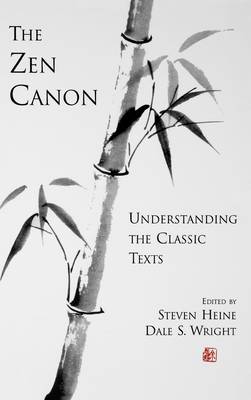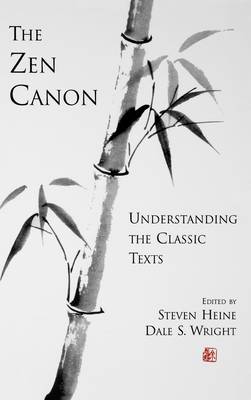
- Afhalen na 1 uur in een winkel met voorraad
- Gratis thuislevering in België vanaf € 30
- Ruim aanbod met 7 miljoen producten
- Afhalen na 1 uur in een winkel met voorraad
- Gratis thuislevering in België vanaf € 30
- Ruim aanbod met 7 miljoen producten
Zoeken
€ 122,45
+ 244 punten
Uitvoering
Omschrijving
Bodhidharma, its first patriarch, reputedly said that Zen Buddhism represents "a special transmission outside the teaching/Without reliance on words and letters." This saying, along with the often perplexing use of language (and silence) by Zen masters, gave rise to the notion that Zen is a "lived religion" based strictly on practice. This collection of previously unpublished essays argues that Zen actually has a rich and varied literary heritage. Among the most significant texts are hagiographic accounts and recorded sayings of individual Zen masters, koan collections and commentaries, and rules for monastic life. This volume offers learned yet accessible studies of some of the most important classical Zen texts, including some that have received little scholarly attention (and many that are accessible only to specialists). Each essay provides historical, literary, and philosophical commentary on a particular text or genre.
Specificaties
Betrokkenen
- Auteur(s):
- Uitgeverij:
Inhoud
- Aantal bladzijden:
- 336
- Taal:
- Engels
Eigenschappen
- Productcode (EAN):
- 9780195150674
- Verschijningsdatum:
- 25/03/2004
- Uitvoering:
- Hardcover
- Formaat:
- Genaaid
- Afmetingen:
- 152 mm x 244 mm
- Gewicht:
- 598 g

Alleen bij Standaard Boekhandel
+ 244 punten op je klantenkaart van Standaard Boekhandel
Beoordelingen
We publiceren alleen reviews die voldoen aan de voorwaarden voor reviews. Bekijk onze voorwaarden voor reviews.











